10 smart ways to source building materials for less
Use these clever ideas to save money and keep your remodeling budget on track


If you are looking for ways to stretch your remodeling or renovation budget, being smart about where and when you source materials could save you thousands.
Paying full price for something at your local building material suppliers or DIY superstore may be convenient, but searching for a bargain is rewarding in more ways than one: there is the satisfaction of having saved money; prevented unused materials from being thrown into landfill; and discovering original pieces that could bring unique character to your home.
All it takes is a little patience, some research, and not being afraid to ask for a deal.
10 ways to source building materials for less
Follow our top tips for how, when, and where to source discounted materials for your build to get a high-spec finish at a more appealing price:
1. Ask your contractor
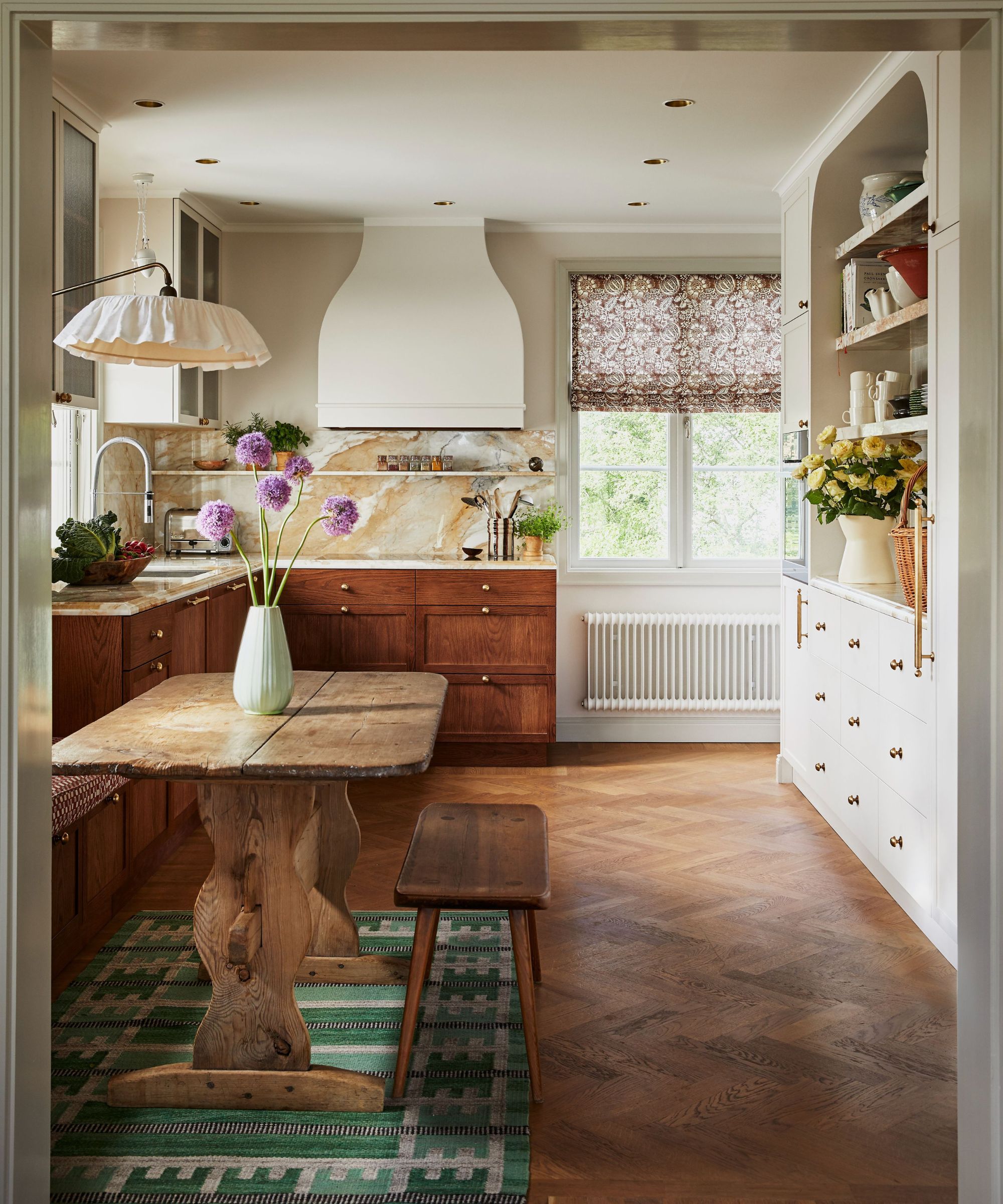
The professionals you work with can often get you discounts from trusted suppliers they buy from regularly. This can apply to everything from building materials, fixtures, and fittings to everything needed to decorate your interiors.
Contractors might also have excess materials left over from other jobs that they’ve hung onto ‘just in case’. Reusing them on your project could save them a trip to the garbage dump if they are planning to dispose of them.
2. Look for leftovers
‘Connecting with fabricators and construction sites is a pro tip for major materials like lumber, stone, and metalwork,' says Ryan Nelson, a real estate and rental property expert. 'These suppliers will have reusable leftovers and offcuts they are often willing to sell at a discount rather than sending to landfills.
‘The overstock may not be pretty, but it offers heavy discounts on quality materials, sometimes up to 90% less. Building relationships with a few of these suppliers provides affordable rough materials perfect for behind-the-scenes framing, waterproofing, and infrastructure work.’

Ryan is a real estate investor and developer and the founder and CEO of Rental Real Estate, a platform for rental real estate resources and tools.
3. Put seconds first
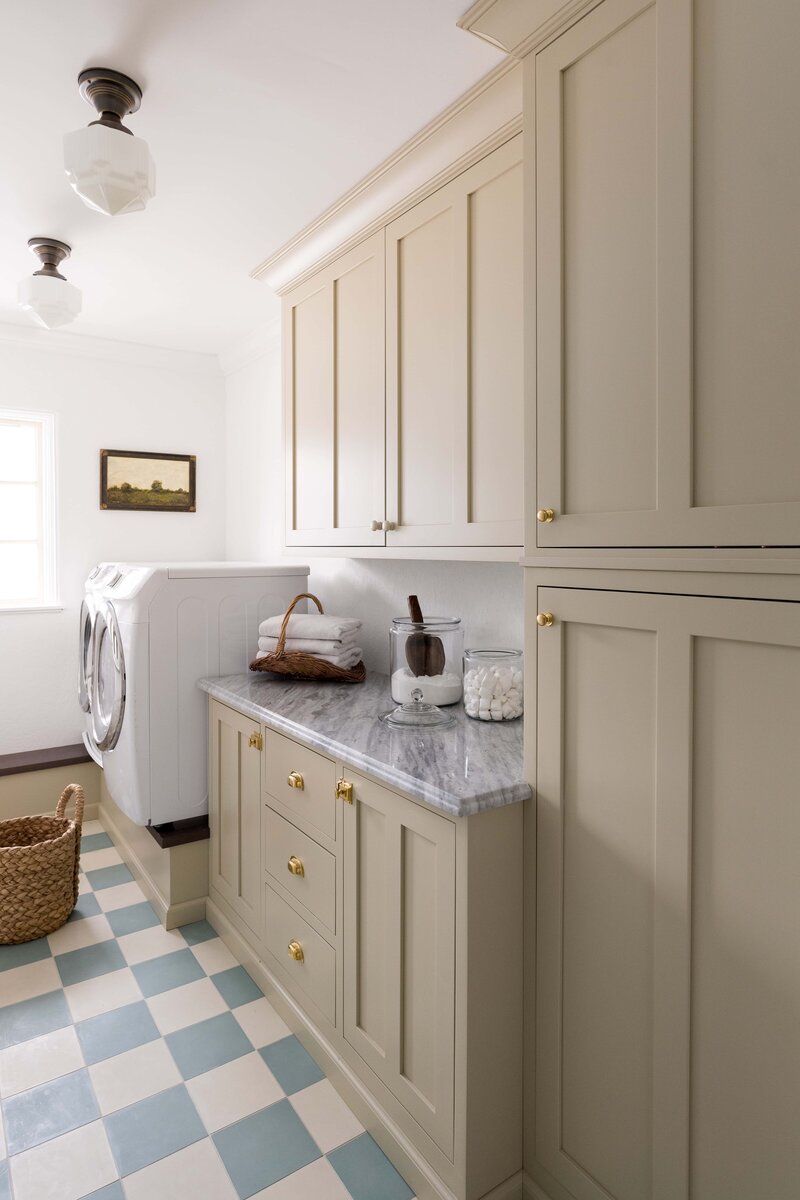
Take a detour when browsing in your local DIY warehouse or IKEA home store for the corner where the slightly less-than-perfect, ex-display or returned goods find a home. Dented paint cans, appliances with small dings or scratches, or end-of-line/out-of-season items – these spaces are a treasure trove of cut-price materials and products. You can usually fix these seconds with a touch of DIY or hide the defects so they look as good as new.
'The discounts on these items can be significant, usually 20-50% less than buying a brand new appliance,’ says Ryan. ‘For example, a customer could save $200-500 on a high-end refrigerator or dishwasher by opting for the floor model or minor defect item.’
4. Seek out the sales
Public holidays aren’t just an opportunity for a day off to spend with family and friends; there is usually a big sale to follow, so plan your project spending to take advantage of these.
Black Friday/Cyber Monday are the biggest and busiest, but there are also sales around the Fourth of July, Presidents, Memorial and Labor Days, and the post-Christmas/January sales. It can also be worth waiting for end-of-season clearouts of outdoor furniture and discontinued ranges.
5. Browse for bargains
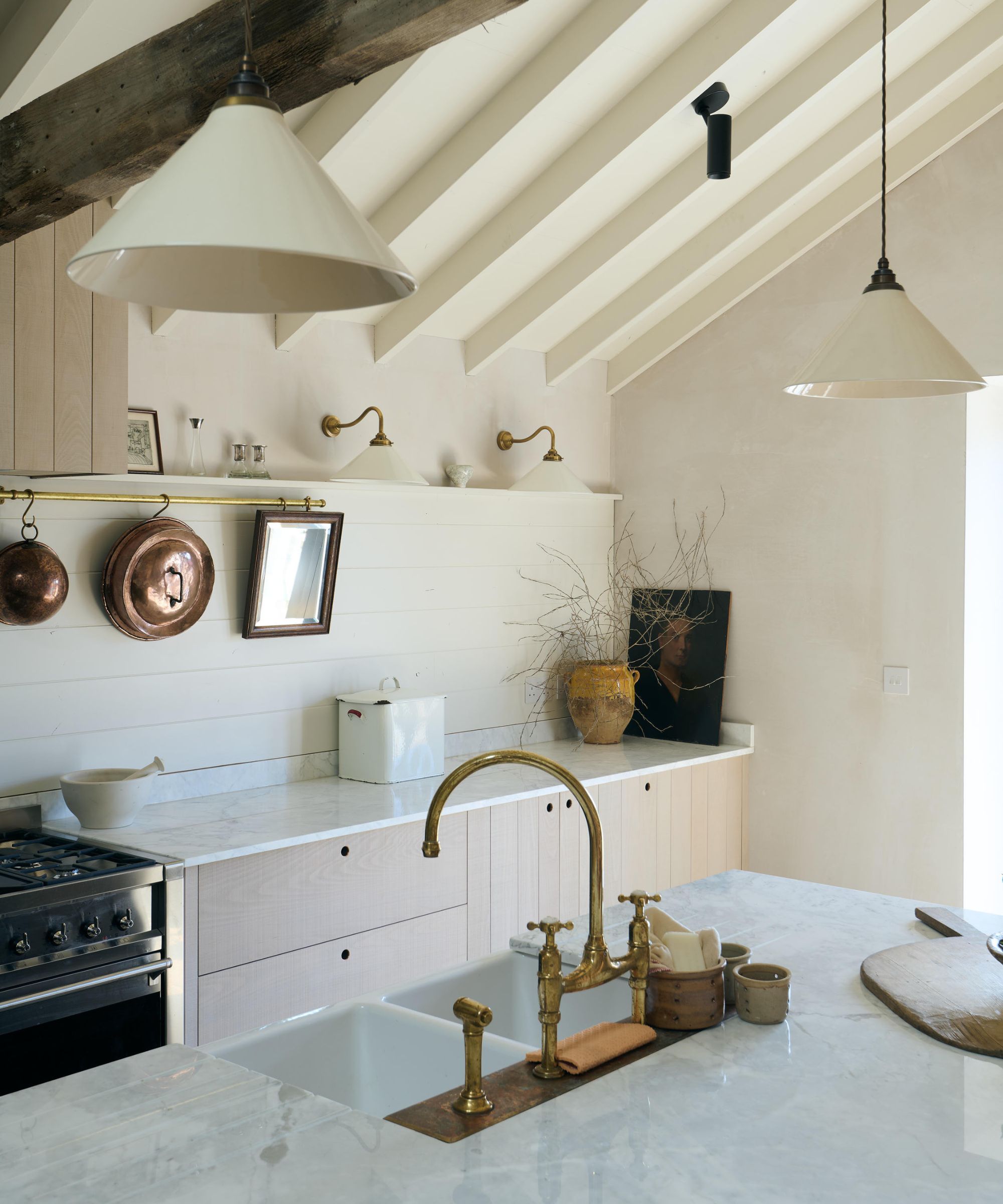
'Keep an eye on classified ad sites and online marketplaces for secondhand or surplus materials that might be on sale close to you,' advises Adrian Pedraza, owner of The California Home Buyer, a professional house-flipping company.
‘Monitoring sites like Craigslist and eBay for fixtures, flooring, and other elements can result in dramatic savings. I once found a set of discontinued granite slabs that were perfect for a kitchen remodel. Always be on the lookout for these secondhand treasures.’

Adrian Pedraza is the owner of The California Home Buyer, a professional house-flipping company. He is a licensed real estate broker with over 10 years of experience buying, selling, and flipping properties in California.
6. Buy off peak
‘When flipping properties, I take advantage of off-peak pricing,' adds Adrian Pedraza. ‘Buying lumber in the winter rather than spring, or bricks in the fall rather than summer, can mean discounts of 20% or more. Being flexible with timelines and scheduling projects in the off-season allows me to get quality materials for less.
‘I also join contractor co-ops to access special group pricing outside peak demand periods. A little planning goes a long way.’
7. Seek out salvage
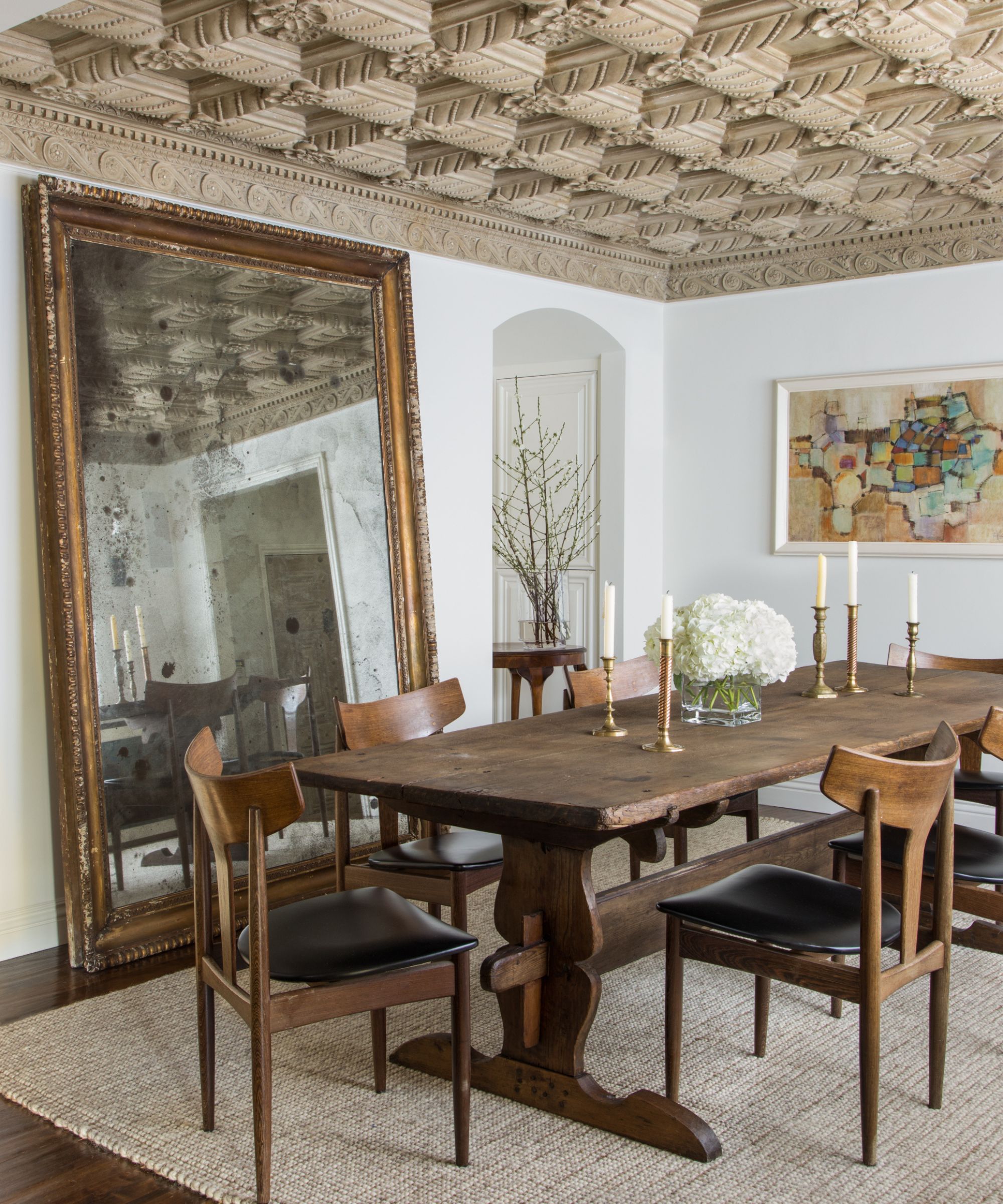
‘So many people don't think to check out their local salvage spots, but I've had my best luck finding one-of-a-kind architectural elements and vintage accents there,’ says Jack Thweatt, a DIY woodworking expert.
‘Everything from old wood beams and posts to antique doors, hardware, and fixtures can be uncovered with a drive out to the yards.'

Jack Thweatt, is a worship leader, DIY woodworking expert, and founder of Called, a site that connects ministry professionals with the community. He has a passion for building, maintaining, and customizing wood furniture and decorations.
8. Let charity begin at home
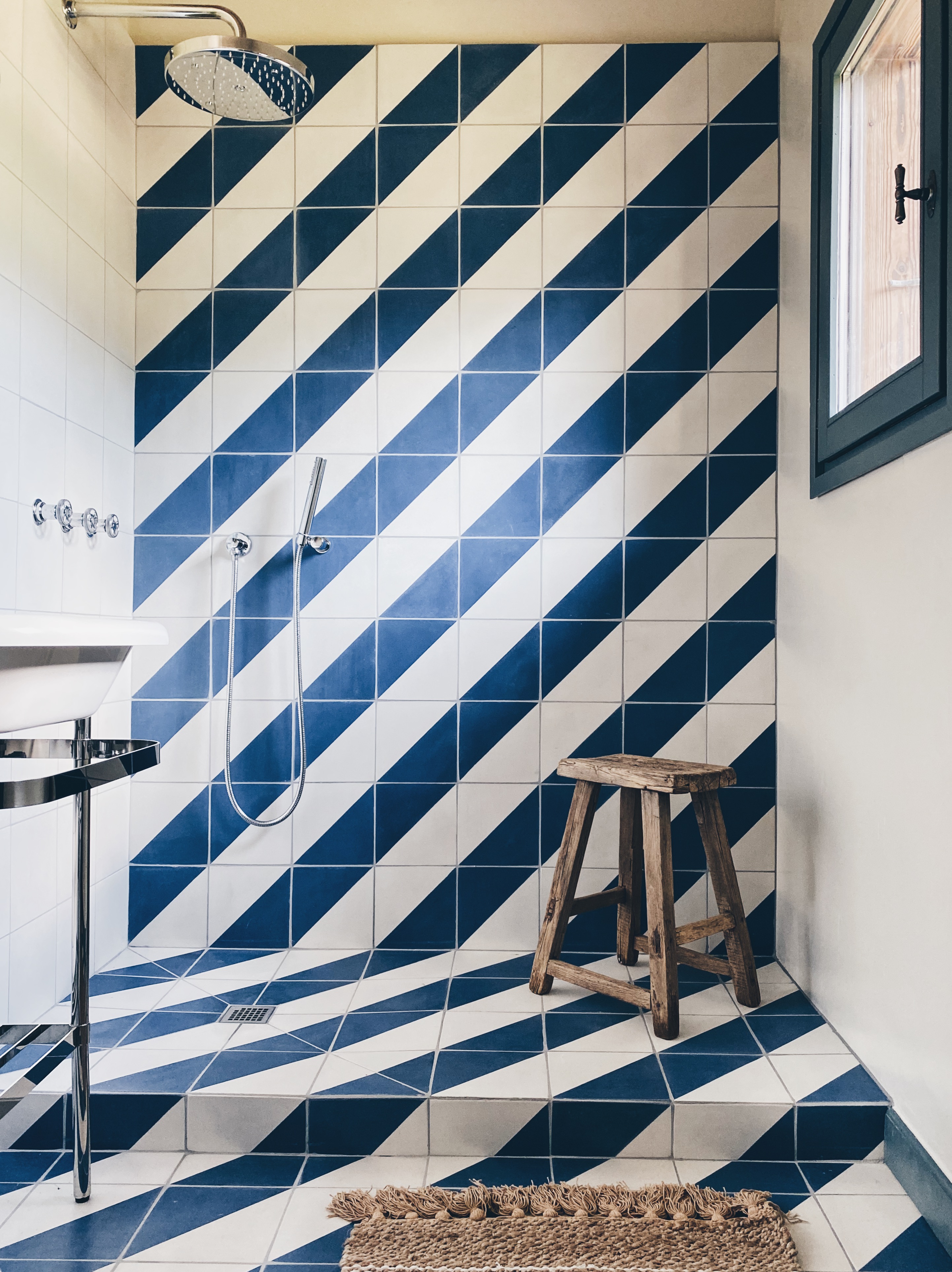
Check out your local Habitat for Humanity ReStore where you can buy things to renovate or remodel your own home while helping others in the community and around the world to build theirs. The ReStores stock a diverse range of high-quality donated items, many of them from construction sites, that are sold for a fraction of the retail price.
This prevents reusable household goods and leftover building materials from being discarded in local landfills. Habitat for Humanity uses the money raised to support families in building, rehabilitating, and repairing safe and affordable homes.
‘It's not uncommon to find huge caches of barely used bathroom tiles, lighting fixtures, and appliances for pennies on the dollar compared to new,’ says Jack. ‘I found pallets of brand-new floor tiles leftover from a large job. I snagged a few boxes for only a couple of dollars each to do a backsplash project.’
9. Stay in the know
Some building material suppliers will offer money off if you sign up to receive newsletters, which you can use to make your first purchase.
Regular emails will even offer loyal customers and newsletter subscribers access to special sales – which you can take advantage of as you get further into your project.
10. Source from the city.
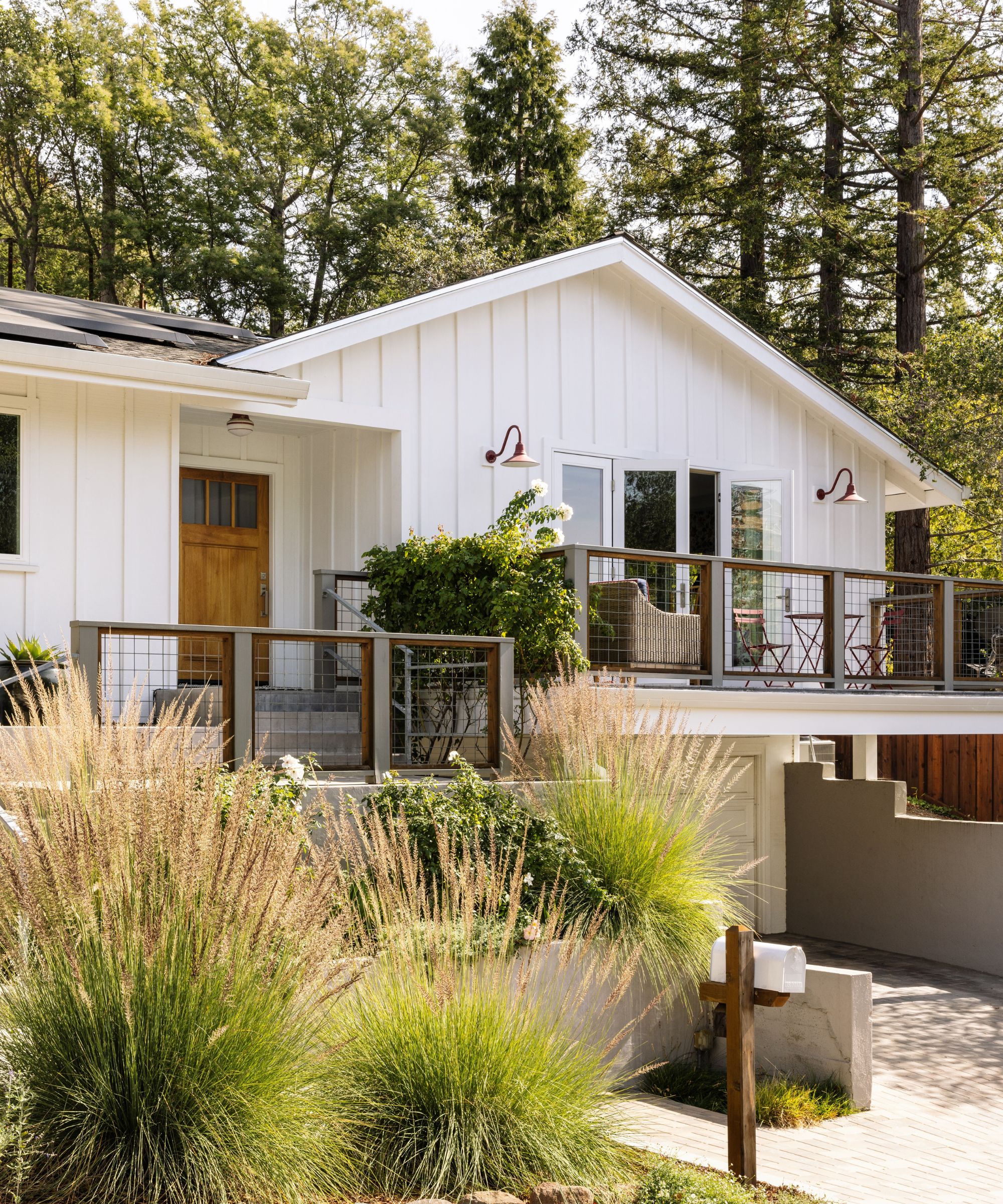
When the city hires contractors to update sidewalks and curbs, clever gardeners can swoop in and take the old stones for landscaping. ‘We use Belgium blocks as border round landscaping beds and source them from road contractors in the city that remove them during paving projects,’ reveals Quinten O’Dea of Q&A Landscaping.
‘There are many contractors involved in these projects; some have old stockpiles of these limestone blocks they dug out long ago. This is much cheaper than through a quarry. Plus, it is cool to repurpose the blocks from the street around your yard. Sourcing materials like this is more sustainable for your wallet and the environment.’

Quinten O’Dea is a professional landscaper at Q&A Landscaping with over 14 years of experience completing high-end outdoor projects.
Use your decor to showcase your savvy design deals by getting a high-spec look for less. Learn how to stick to your interior design budget with our tips on where to spend and where you can save.
Sign up to the Homes & Gardens newsletter
Design expertise in your inbox – from inspiring decorating ideas and beautiful celebrity homes to practical gardening advice and shopping round-ups.

Alison is a contributing gardens writer for Homes & Gardens, writing on a range of topics from plant care to garden design. She has recently landscaped the outside space of her Victorian home, replacing crazy paving and cracked slabs with new lawn, and is currently cultivating a fruit bed.
-
 Sarah Michelle Gellar's kitchen cabinets are moody yet elevated – I've always used dark paint with caution, but they make bolder tones accessible
Sarah Michelle Gellar's kitchen cabinets are moody yet elevated – I've always used dark paint with caution, but they make bolder tones accessibleThe actress's black kitchen cabinets are bold yet palatable, proving that this dark shade is a trendy yet timeless color pick
By Hannah Ziegler
-
 Jeremiah Brent's new NYC-inspired rug collection has got to be the easiest way to bring his modern Manhattan style into your own home
Jeremiah Brent's new NYC-inspired rug collection has got to be the easiest way to bring his modern Manhattan style into your own homeJeremiah Brent has teamed up with Loloi Rugs to create a contemporary collection of home furnishings inspired by his city
By Eleanor Richardson